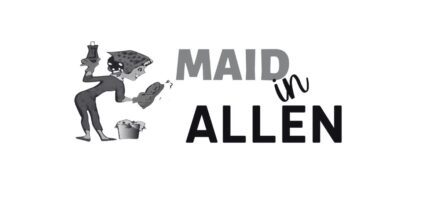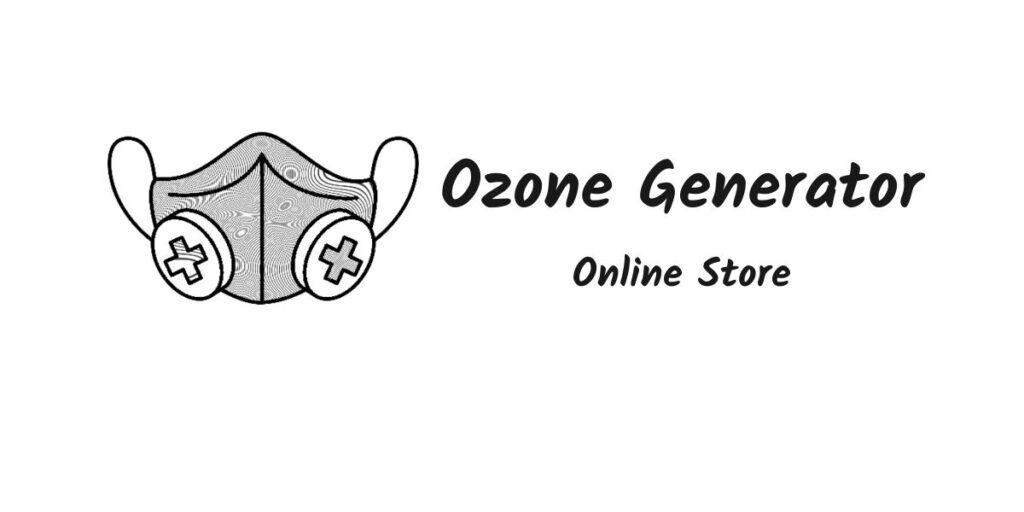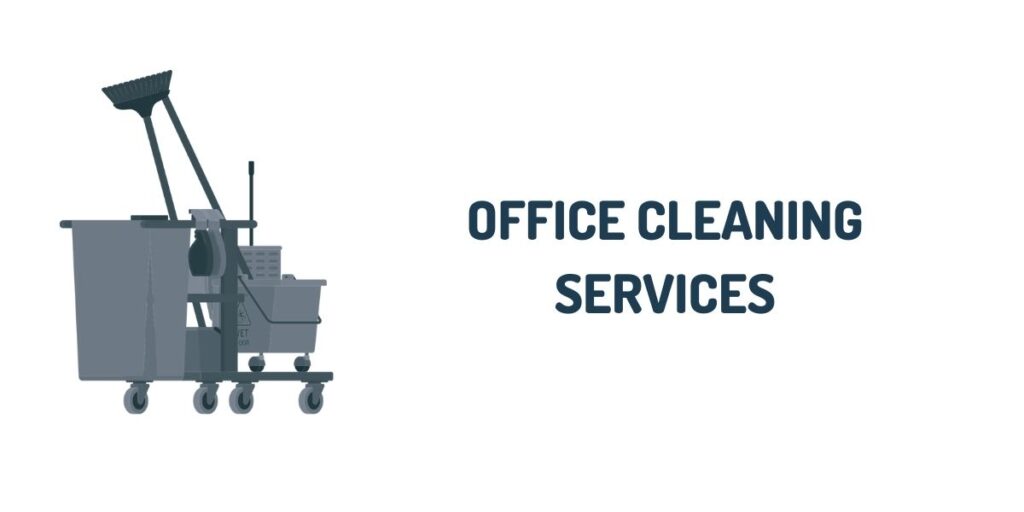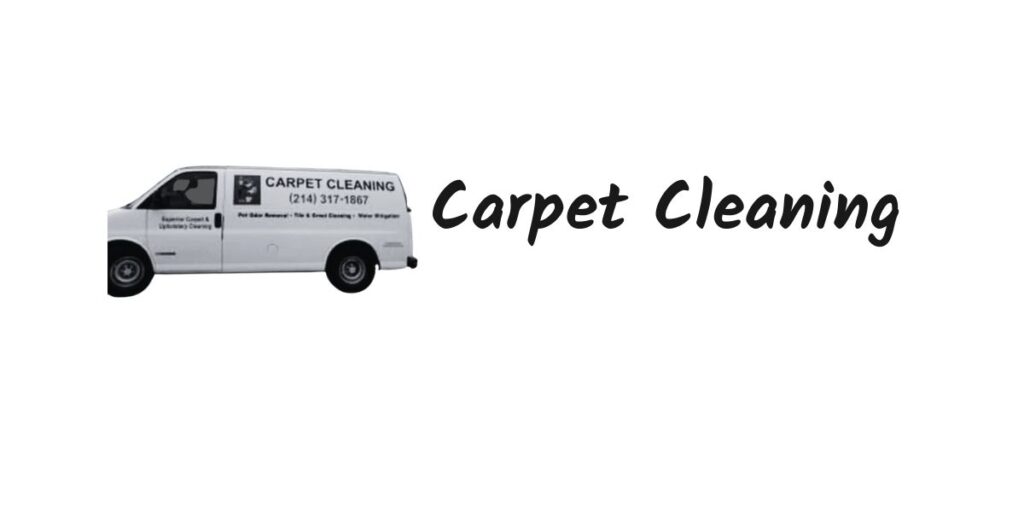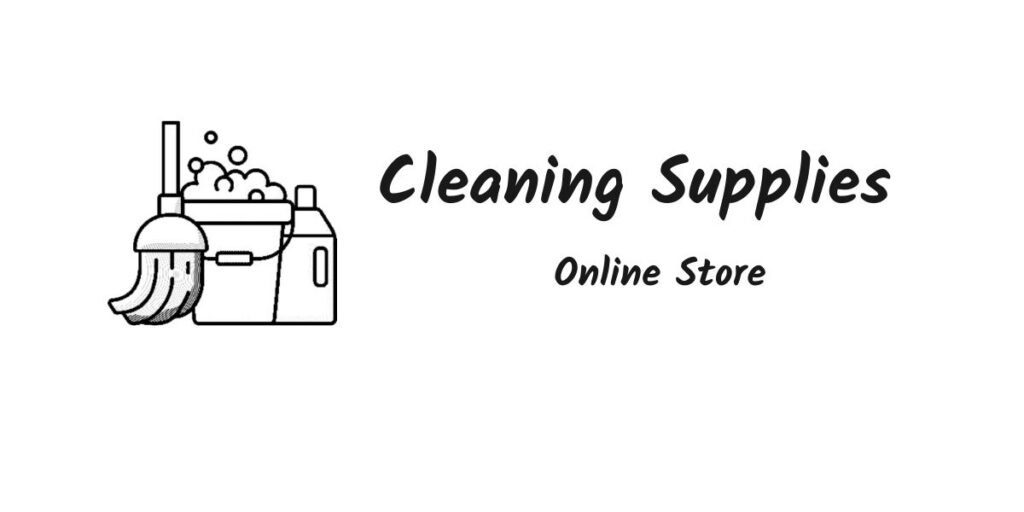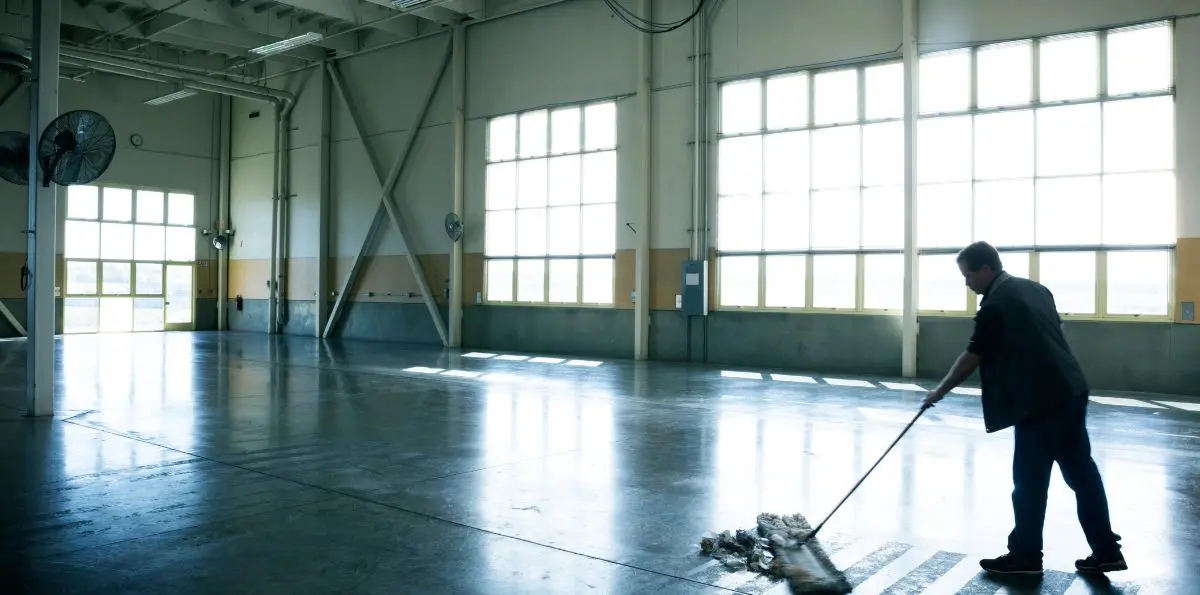
Warehouse Industrial Cleaning
The Importance of Quality Cleaning in the Industrial Sector
Warehouse Industrial Cleaning In the realm of industrial operations, cleanliness isn’t just a matter of aesthetics; it’s a fundamental component of safety, efficiency, and regulatory compliance.
Whether it’s a sprawling warehouse, a manufacturing facility, or a food processing plant, maintaining pristine cleanliness is crucial for ensuring smooth operations and safeguarding both assets and personnel. As an expert in industrial cleaning services, let’s delve into why quality cleaning is paramount in the industry and how regular cleaning practices contribute to its success.

Why Quality Cleaning Matters: Warehouse Industrial Cleaning
- Safety First: In industrial environments, safety is paramount. Cleanliness plays a pivotal role in preventing accidents and injuries. A clean workspace reduces the risk of slips, trips, and falls by eliminating hazards such as spills, debris, and slippery surfaces. Moreover, proper cleaning protocols help mitigate the potential for accidents related to machinery malfunction or contamination.
- Productivity and Efficiency: A clean and organized workspace is conducive to productivity. Employees can navigate their work areas more efficiently, locate tools and materials with ease, and focus on their tasks without unnecessary distractions. Furthermore, clean machinery and equipment operate more smoothly and reliably, minimizing downtime and optimizing production output.
- Regulatory Compliance: Industrial facilities are subject to stringent regulatory standards governing cleanliness and hygiene, particularly in sectors such as food processing, pharmaceuticals, and healthcare. Adhering to these standards is not only a legal requirement but also essential for safeguarding public health and maintaining the integrity of products and processes. Failure to meet regulatory requirements can result in fines, penalties, or even shutdowns, posing significant risks to business operations.
- Protecting Assets and Infrastructure: Industrial equipment and infrastructure represent substantial investments for businesses. Regular cleaning and maintenance help protect these assets from deterioration, corrosion, and premature wear and tear. By keeping machinery, surfaces, and facilities clean and well-maintained, businesses can extend the lifespan of their assets and reduce the need for costly repairs or replacements.
- Enhancing Brand Reputation: A clean and well-maintained industrial facility reflects positively on the reputation of the business. It conveys professionalism, attention to detail, and a commitment to quality, which can instill confidence in customers, partners, and stakeholders. Conversely, a dirty or unkempt environment can tarnish a company’s image and erode trust among stakeholders.
Regular Cleaning Practices in the Industry:
Regular cleaning in the industrial sector encompasses a wide range of tasks and frequencies tailored to the specific needs of each facility. Here are some common practices:
- Daily Cleaning: Daily cleaning tasks typically include sweeping, mopping, and disinfecting high-touch surfaces such as door handles, handrails, and restroom fixtures. Regular trash removal and basic tidying help maintain cleanliness and orderliness throughout the facility.
- Weekly Cleaning: Weekly cleaning focuses on more comprehensive tasks such as floor scrubbing, equipment maintenance, and deep cleaning of restrooms and common areas. This includes removing dirt, grease, and grime from floors, walls, and machinery to prevent buildup and maintain hygiene standards.
- Monthly or Quarterly Cleaning: Periodic deep cleaning sessions are conducted to address areas that may not require daily or weekly attention but still accumulate dirt and contaminants over time. This may involve steam cleaning, pressure washing, or specialized cleaning techniques to restore surfaces and equipment to optimal condition.
- Seasonal Cleaning: Seasonal changes can bring unique cleaning challenges, such as removing debris from outdoor areas, preparing for inclement weather, or addressing seasonal pests. Seasonal cleaning tasks ensure that the facility remains clean, safe, and compliant year-round.
- Specialized Cleaning: Certain industries may require specialized cleaning services tailored to their specific needs. This could include cleanroom cleaning for pharmaceutical or electronics manufacturing facilities, decontamination services for healthcare settings, or hazardous waste cleanup for industrial sites.

Suggestions for Establishing Cleaning Service Needs:
When determining the cleaning service needs of an industrial facility, several factors should be taken into consideration:
- Assessment of Facility Size and Layout: Evaluate the size, layout, and complexity of the facility to determine the scope of cleaning required. Large warehouses, production floors, and multi-level facilities may have unique cleaning challenges that necessitate specialized equipment and techniques.
- Identification of Industry-Specific Requirements: Consider any industry-specific regulations, standards, or guidelines governing cleanliness and hygiene. Industries such as food processing, pharmaceuticals, and electronics manufacturing may have stringent cleanliness requirements that must be met to ensure product integrity and compliance.
- Analysis of Operational Needs and Challenges: Assess the operational needs and challenges of the facility, including production schedules, workflow patterns, and areas of high traffic or contamination risk. Identify areas prone to spills, stains, or debris buildup that require regular attention.
- Consultation with Cleaning Experts: Seek guidance from experienced industrial cleaning professionals who can conduct a thorough assessment of the facility and recommend tailored cleaning solutions. They can provide insights into best practices, specialized equipment, and effective cleaning protocols based on industry expertise.
- Implementation of Comprehensive Cleaning Plan: Develop a comprehensive cleaning plan that addresses all aspects of facility maintenance, including daily, weekly, monthly, and seasonal tasks. Ensure clear communication and coordination among cleaning staff, facility managers, and other stakeholders to uphold cleanliness standards consistently.
In conclusion, quality cleaning is not just a matter of aesthetics; it’s a critical component of safety, productivity, and regulatory compliance in the industrial sector. By implementing regular cleaning practices tailored to the specific needs of each facility and engaging professional cleaning services when necessary, businesses can maintain a clean, safe, and efficient work environment that promotes success and sustainability.
The Critical Role of Industrial Cleaning in Infection Prevention
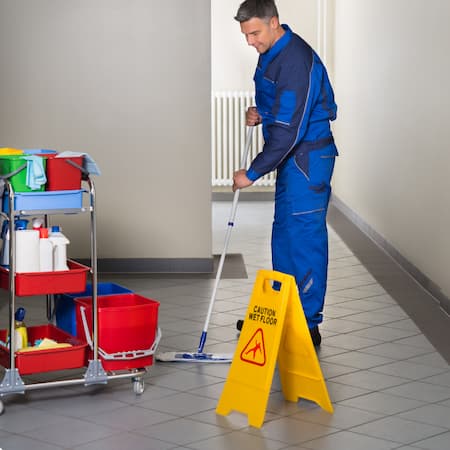
- Carpet and Upholstery Cleaning: Schedule professional carpet cleaning services to remove deep-seated dirt and stains.
- Air Vent Cleaning: Clean air vents and ducts to improve air quality and circulation within the call center.
- Equipment Cleaning: Dust and sanitize office equipment such as printers, fax machines, and copiers to maintain optimal performance.
- Baseboard Cleaning: Wipe down baseboards and trim to remove dust and dirt buildup.
- Blind Cleaning: Dust and wipe down blinds or window coverings to remove accumulated dirt and grime.
Warehouse Industrial Cleaning
In today’s world, where health and hygiene have taken center stage, the importance of maintaining consistently high standards of cleaning cannot be overstated. With the constant threat of infectious diseases looming, businesses, industries, and institutions must prioritize cleanliness to prevent the spread of infections.
This is particularly crucial in industrial settings where large numbers of people congregate, and surfaces are prone to contamination. In this article, we delve into the significance of industrial cleaning in infection prevention and provide insights into developing effective cleaning routines to ensure a hygienic environment.
The Significance of Industrial Cleaning in Infection Prevention:
Industrial facilities, whether warehouses, manufacturing plants, or processing units, are hotbeds for microbial activity. The nature of industrial processes often involves the handling of various materials and substances, creating an environment ripe for the proliferation of pathogens. Additionally, the high foot traffic and frequent movement of goods increase the risk of contamination.
Effective industrial cleaning plays a pivotal role in breaking the chain of infection transmission. By removing dirt, debris, and harmful microorganisms from surfaces, industrial cleaning minimizes the likelihood of cross-contamination and infection spread. Moreover, maintaining cleanliness in industrial environments enhances worker safety and productivity, as employees are less likely to fall ill due to exposure to pathogens.
Key Components of Industrial Cleaning:
Ensuring a hygienic industrial environment requires a comprehensive approach to cleaning that addresses various facets of the facility. Here are some key components of industrial cleaning:
- Surface Cleaning: Regular cleaning and disinfection of surfaces such as floors, walls, equipment, and machinery are essential to prevent the buildup of contaminants. Using appropriate cleaning agents and techniques tailored to specific surfaces helps eliminate germs effectively.
- Air Quality Management: Industrial settings often harbor airborne pollutants and allergens that can compromise indoor air quality. Implementing measures such as ventilation systems, air filtration, and periodic duct cleaning can help maintain clean and breathable air within the facility.
- Waste Management: Proper disposal of industrial waste, including hazardous materials and by-products, is critical for preventing environmental contamination and safeguarding public health. Employing safe handling practices and adhering to regulatory guidelines are imperative in waste management.
- Personal Hygiene Facilities: Providing adequate facilities for personal hygiene, such as restrooms, handwashing stations, and changing rooms, promotes good hygiene practices among employees. Regular cleaning and restocking of hygiene supplies are essential to ensure their effectiveness.
Developing a Weekly Cleaning Routine Plan:
A weekly cleaning routine plan serves as a roadmap for maintaining cleanliness and hygiene in industrial settings. Here’s a sample weekly cleaning routine plan tailored for industrial facilities:
Monday:
- Perform a thorough cleaning of high-traffic areas such as entrances, corridors, and break rooms.
- Inspect and clean restroom facilities, including toilets, sinks, and floors.
- Conduct a deep clean of machinery and equipment, paying special attention to areas prone to contamination.
Tuesday:
- Focus on cleaning and disinfecting production areas, including workstations, conveyor belts, and assembly lines.
- Inspect and clean ventilation systems and air ducts to improve indoor air quality.
- Address any spills or leaks promptly to prevent potential hazards.
Wednesday:
- Devote time to cleaning office spaces, including desks, chairs, and common areas.
- Clean and sanitize kitchen or cafeteria areas, including countertops, appliances, and dining tables.
- Conduct routine maintenance of cleaning equipment and replenish supplies as needed.
Thursday:
- Perform a detailed cleaning of warehouse storage areas, shelves, and inventory racks.
- Inspect and clean outdoor areas, including loading docks, parking lots, and storage yards.
- Conduct pest control measures to prevent infestations and maintain a pest-free environment.
Friday:
- Conduct a final inspection of the facility to ensure all cleaning tasks have been completed satisfactorily.
- Address any maintenance issues or repair needs identified during the week.
- Prepare the facility for the upcoming week by organizing supplies and scheduling any specialized cleaning services.

Developing a Daily Cleaning Routine Plan:
In addition to a weekly cleaning routine, implementing a daily cleaning plan ensures ongoing maintenance of cleanliness and hygiene. Here’s a sample daily cleaning routine plan for industrial facilities:
Morning:
- Begin the day by inspecting high-traffic areas for any signs of dirt or spills.
- Sweep and mop floors in designated areas to remove debris and maintain cleanliness.
- Empty trash bins and replace liners as needed to prevent overflow and odors.
Midday:
- Perform spot cleaning as necessary to address spills, stains, or other messes promptly.
- Clean and sanitize frequently touched surfaces such as doorknobs, light switches, and handrails.
- Restock hygiene supplies in restrooms and common areas to ensure availability throughout the day.
Afternoon:
- Conduct routine checks of restroom facilities to ensure cleanliness and replenish supplies as needed.
- Wipe down surfaces in office spaces and production areas to remove dust and maintain a tidy environment.
- Address any maintenance issues or cleaning tasks identified during the day to prevent them from escalating.
Evening:
- Complete a final sweep of the facility to ensure all cleaning tasks have been completed.
- Securely store cleaning equipment and supplies in designated storage areas.
- Lock up the facility and set security alarms before departing for the day.
Janitorial Maid in Allen
In conclusion, ensuring consistently high standards of cleaning in industrial settings is paramount for preventing the spread of infections and maintaining a safe and healthy work environment.
By implementing comprehensive cleaning routines tailored to the specific needs of the facility, businesses can mitigate the risk of contamination and protect the well-being of employees and visitors. Remember, cleanliness is not just a one-time effort but an ongoing commitment to promoting hygiene and sanitation in industrial spaces.

